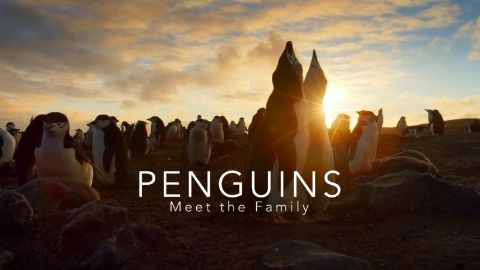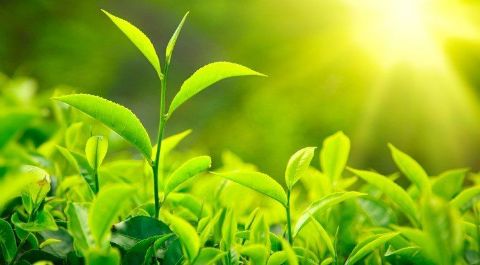You might also like
Pumas are also known by the names of cougar or mountain lion. However, these cats are only distantly related to lions. They're much more closely related to cheetahs. And while pumas are often found in mountains, they're just as at home in the lowlands, dense forests, or deserts.
S1E3 • The Secret Lives of Big Cats • 2019 • Nature
A unique celebration of one of Earth's most iconic birds. For the first time, we meet the entire penguin family - all 18 species. This colourful cast of characters may seem familiar, but their incredible diversity won't fail to surprise. New Zealand's lush green forests might not be the first place you would expect to find penguins, but it was here the penguin family first evolved 60 million years ago, and there are now more species living here than anywhere else on earth. One quirky-looking resident is the Snares penguin, which likes nothing more than a spa treatment. In Cape Town, the African penguin has adapted to the modern world, strolling the city streets with all the other commuters. And, against all the odds, one of the smallest members in the family, the Galapagos penguin, has found a way to survive the sweltering heat of the equator. One of the biggest secrets to the penguin success story is their remarkable parenting skills. Adelie penguins perform the longest penguin migration on earth, over 6,000 miles, to find the perfect nesting site. Ninety-nine per cent of them return to the same nests each year, but after a hard winter their stone nests need some serious renovation. Other species are sneakier, stealing their neighbours stones the moment they turn their backs. The fastest penguin on the planet is the gentoo, reaching speeds of 22mph and diving to 200 metres. Short feet that act like rudders and a streamlined body allows them to shoot through the water, while fused muscular wings act like paddles. Penguins are supremely adapted to an aquatic life, spending 75 per cent of their lives in water, but all penguins have to walk at some point, so to get around they have developed the infamous waddle. This bizarre locomotion may look inefficient, but surprisingly it actually works in their favour. Whilst we get 65 per cent of the energy back with each step, penguins can get up to 80 per cent, so the waddle is more efficient that our own walk. Over millions of years, penguins have mastered life on land and in the sea, but we are now changing the planet faster than ever before, and some penguins are struggling to keep up, so technology is being used to locate and observe new colonies from the equator to Antarctica. This is the family penguin as you have never seen them before.
2020 • Nature
The focus turns to the mastery of flight, from the science of gravity to the ability of birds to cover extremely long distances.
S1E2 • The Life of Birds • 1998 • Nature
The air we breathe, and all the food we eat, is created from water, sunlight, carbon dioxide and a few minerals. It sounds simple, but this process is one of the most fascinating and complicated in all of science, and without it there could be no life on earth. For centuries people believed that plants grew by eating soil. In the 17th century, pioneer botanists began to make the connection between the growth of a plant and the energy from the sun. They discovered how plants use water, sunlight and carbon dioxide to produce sugars - how, in fact, a plant grows. The process of photosynthesis is still at the heart of scientific research today, with universities across the world working hard to replicate in the lab what plants do with ruthless efficiency. Their goal is to produce a clean, limitless fuel and if they get it right it will change all our lives.
S1E2 • Botany: A Blooming History • 2011 • Nature
Great white sharks are one of the most feared predators on Earth, and yet we know very little about them. Science is now revealing the mysteries of this perfect predator through evolutionary biology.
S3E1 • Breakthrough • 2019 • Nature
David Attenborough showcases wildlife in coastal regions, from Cape fur seals on South Africa's Robberg Peninsula to hungry lions on Namibia's infamous Skeleton Coast. Plus, a look at how the Arctic coast is the scene of the biggest seasonal transformation on Earth, as the melting of billions of tonnes of ice brings short-lived opportunities to coastal waters.
S1E1 • Planet Earth III • 2023 • Nature





